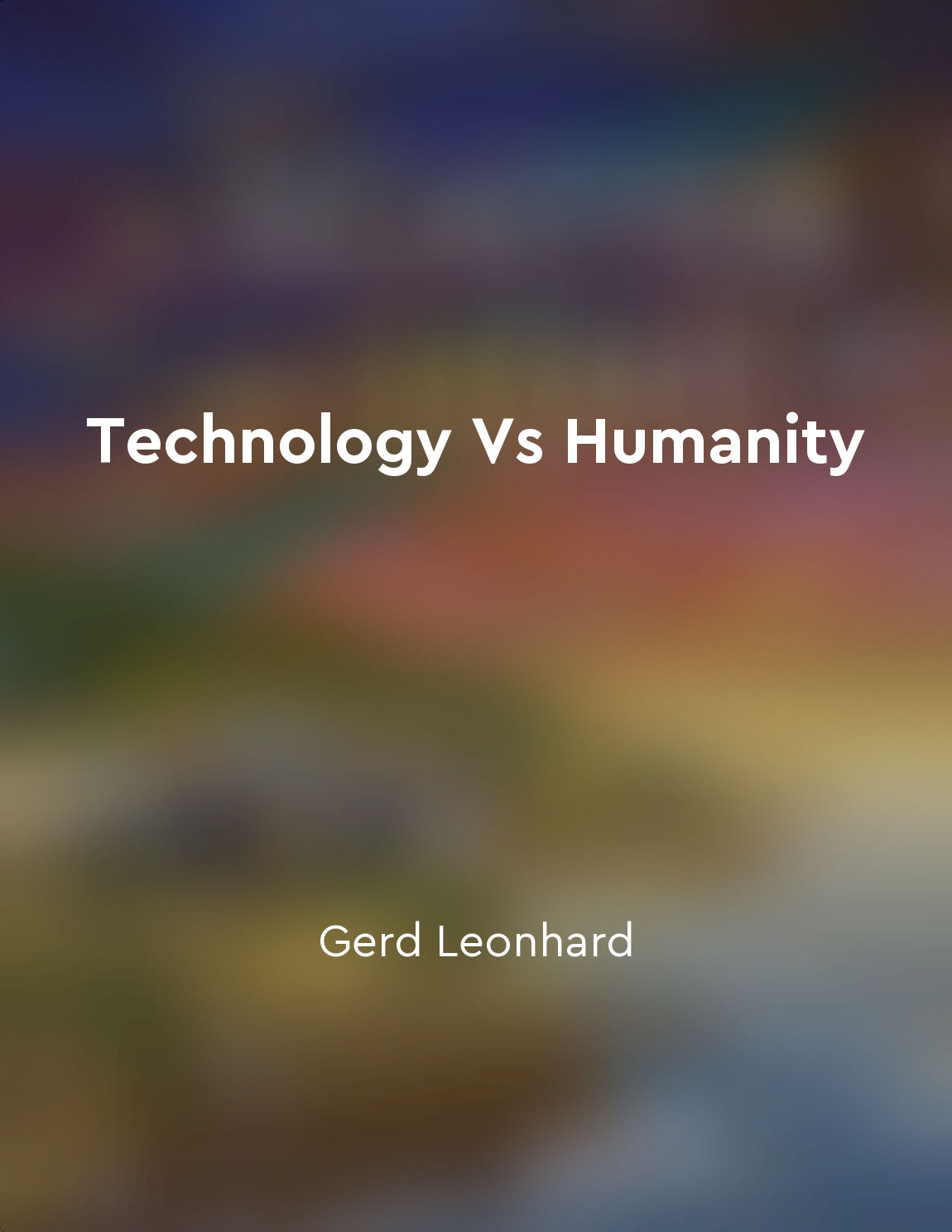Audio available in app
Education must adapt from "summary" of 21 Lessons for the 21st Century by Yuval Noah Harari
The modern world is changing rapidly, and education must keep pace. Traditional education systems were designed for a different era, where knowledge was scarce and stable. Today, knowledge is abundant and constantly evolving. Students need to learn how to navigate this sea of information, how to distinguish between reliable sources and fake news, how to think critically and creatively. Moreover, the job market is also changing. Many jobs that exist today may disappear in the near future due to automation and artificial intelligence. New jobs will be created, requiring different skills and knowledge. Therefore, education must adapt to prepare students for the jobs of tomorrow, teaching them not just specific skills, but also how to learn and adapt throughout their lives. In addition, the challenges facing humanity today are more complex and interconnected than ever before. Climate change, global pandemics, nuclear proliferation – these issues require a deep understanding of science, politics, economics, and ethics. Education must move beyond narrow disciplines and encourage interdisciplinary thinking. Students need to understand the big picture, how different fields of knowledge are connected, and how their actions affect the world around them. Furthermore, the rise of artificial intelligence poses a new challenge to education. Machines are becoming increasingly adept at routine cognitive tasks, such as data analysis and problem-solving. Humans need to focus on developing their uniquely human skills – creativity, empathy, emotional intelligence. Education must foster these skills, nurturing students' ability to imagine, to connect with others, to understand and express complex emotions.- Education must adapt to the changing realities of the 21st century. It must teach students how to navigate the sea of information, prepare them for the jobs of the future, encourage interdisciplinary thinking, and foster uniquely human skills. Only by adapting to these new challenges can education fulfill its crucial role in shaping the minds of the next generation.
Similar Posts

We must ensure ethics are prioritized
In a world increasingly dominated by technology, it is essential that we place ethics at the forefront of our decision-making p...

Machines can augment human abilities
The idea that machines can enhance human capabilities has long been a central theme in the field of artificial intelligence. Th...
Privacy concerns arise with automated technologies
One of the major issues that arise when considering the impact of automated technologies is the question of privacy. As these t...
Teams function better when all members feel included
When every person within a team feels included, something remarkable happens. When everyone feels like they are a valued member...

The implications of AI require global cooperation
The world is changing rapidly, and we need to keep up. The rise of artificial intelligence (AI) has profound implications for s...
It promotes a learnercentered approach to education
The learner-centered approach to education emphasizes the importance of the student's active role in the learning process. In p...
Collaboration between humans and machines is the key to success
In a world where machines are rapidly taking over tasks that were once the domain of humans, the key to success lies in the col...
The divide between highskilled and low-skilled workers is widening
The phenomenon of the growing gap between high-skilled and low-skilled workers is becoming increasingly apparent in today's eco...
Creativity can be taught and cultivated
One of the fundamental beliefs that underpin the educational philosophy discussed in this work is the idea that creativity is n...
Creative thinking is key
Creativity is a crucial skill in today's rapidly changing world. With the rise of automation and artificial intelligence, jobs ...

